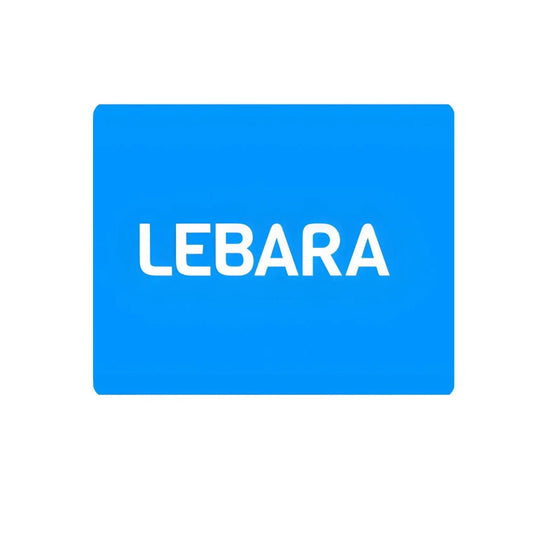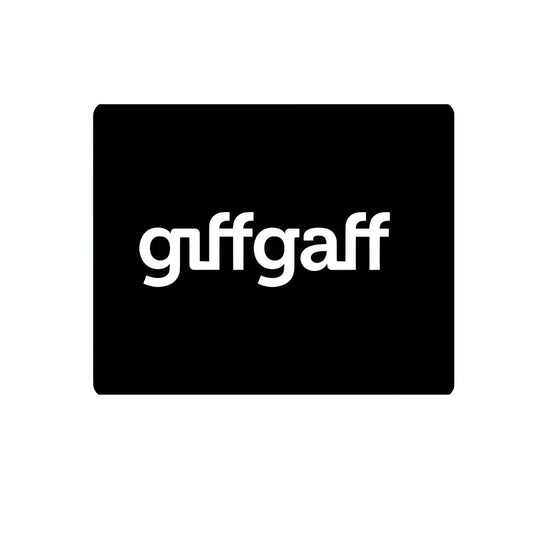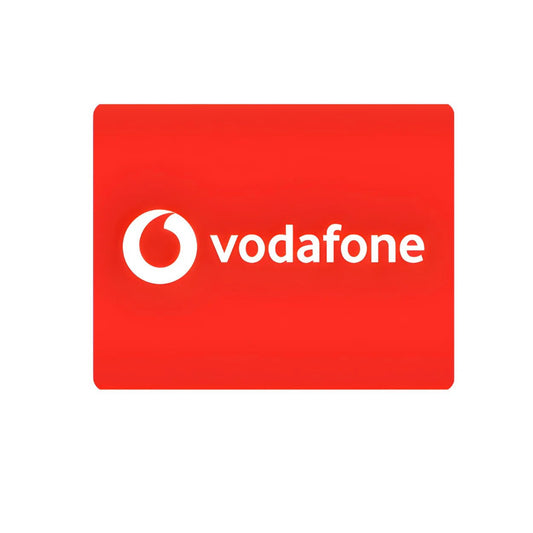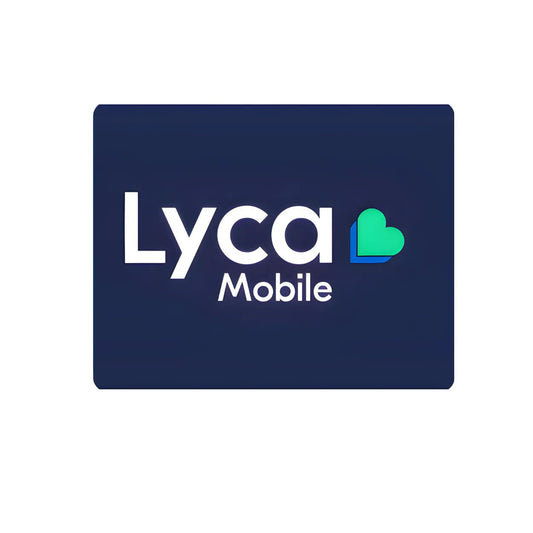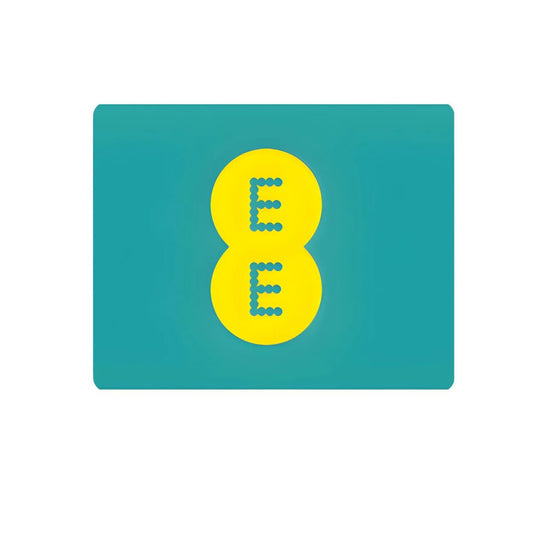
In today's fast-paced world, staying connected is more crucial than ever. Whether you're considering a temporary phone for privacy or a long-term solution without the constraints of a contract, understanding the nuances between burner phones and prepaid cell phones is essential. This guide will delve into their differences, benefits, and how to keep them topped up for uninterrupted communication.
Understanding Burner Phones
A burner phone is a basic, no-frills mobile device designed primarily for making calls and sending texts. These phones lack advanced features like internet browsing or app usage, making them ideal for situations requiring anonymity or short-term use. Common scenarios include listing a number in advertisements, online dating, or any situation where you prefer not to share your primary number. The appeal of burner phones lies in their simplicity and the ease with which they can be discarded after use.
Exploring Prepaid Cell Phones
In contrast, a prepaid cell phone can range from basic models to advanced smartphones. The defining characteristic is the payment structure: users pay in advance for a set amount of usage, be it talk time, texts, or data. This pay-as-you-go model offers flexibility without binding you to long-term contracts. It's an excellent choice for those who want to manage their phone expenses closely or avoid credit checks associated with postpaid plans.
Key Differences Between Burner and Prepaid Phones
- Functionality: Burner phones are typically limited to calling and texting, whereas prepaid phones can offer a full suite of smartphone features, including internet access and app installations.
- Anonymity: Purchasing and using a burner phone can be more anonymous, especially when bought with cash and without any personal details. Prepaid phones, while flexible, often require some form of registration.
- Longevity: Burner phones are intended for short-term use and are often discarded after their purpose is served. Prepaid phones are designed for longer-term use, with users topping up credits as needed.
Topping Up Your Phone: Ensuring Continuous Connectivity
Whether you choose a burner or a prepaid phone, keeping your account topped up is essential for uninterrupted communication. With a range of services available, you can easily recharge your phone for various carriers, including Vodafone UK Pay As You Go Top-Up, EE Top-Up, Lebara Top-Up, Giffgaff Top-Up, Lyca UK Top-Up, O2 Top-Up, Three Top-Up, Tesco Mobile Top-Up, Talk Home Mobile Top-Up, and Now Mobile Top-Up. These top-up options provide fast, secure, and convenient ways to ensure your phone remains active whenever you need it.
Security and Traceability Considerations
While burner phones offer a degree of anonymity, it's essential to understand that no device is entirely untraceable. Mobile service providers can access call and text records, and with legal intervention, this information can be disclosed. For enhanced privacy, consider regularly changing devices or numbers and being mindful of the information you share over the phone.
Cost Implications
Burner phones are generally more affordable upfront due to their limited features, with prices starting as low as £15. Prepaid smartphones, offering a broader range of functionalities, can begin around £40 and increase based on the brand and specifications. Your choice should align with your budget and communication needs.
Making the Right Choice for Your Communication Needs
Deciding between a burner phone and a prepaid cell phone hinges on your specific requirements. If you need a temporary, anonymous communication method, a burner phone may be the ideal choice. Conversely, if you're seeking a long-term solution without contractual obligations, a prepaid cell phone offers flexibility and a variety of features to suit modern communication demands.
By understanding these options and utilizing reliable top-up services, you can maintain seamless connectivity tailored to your lifestyle and preferences.



